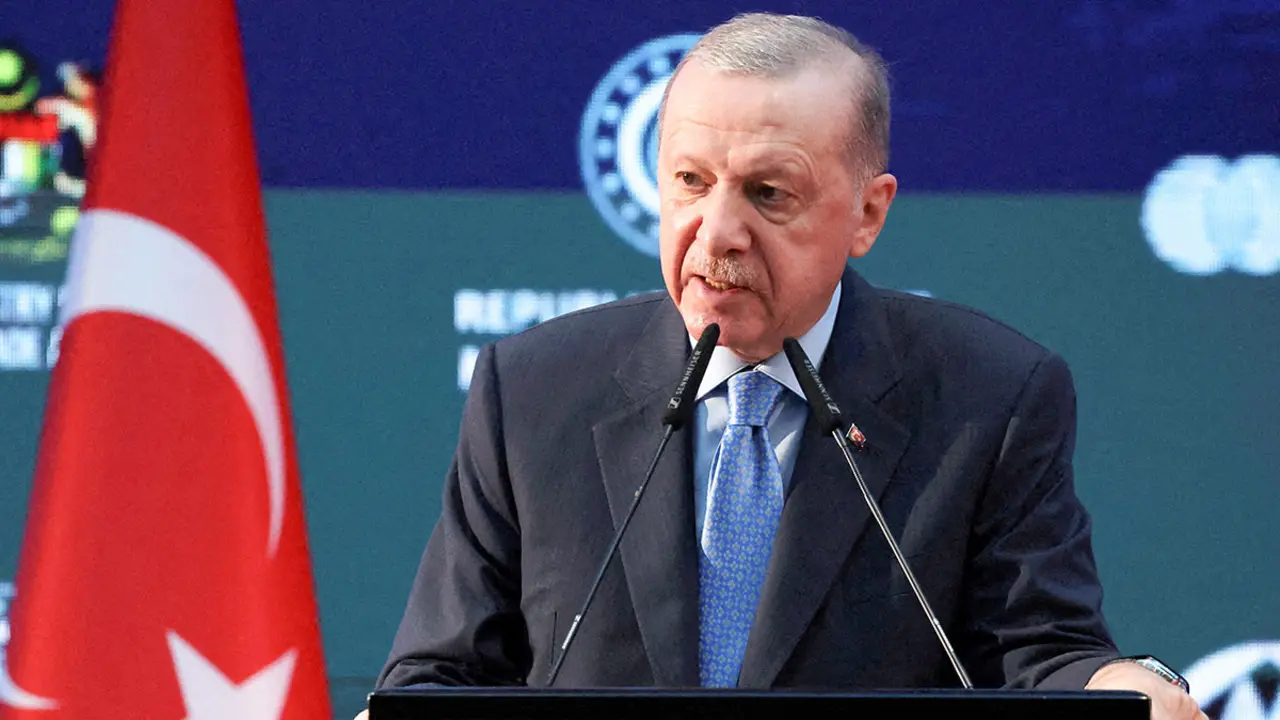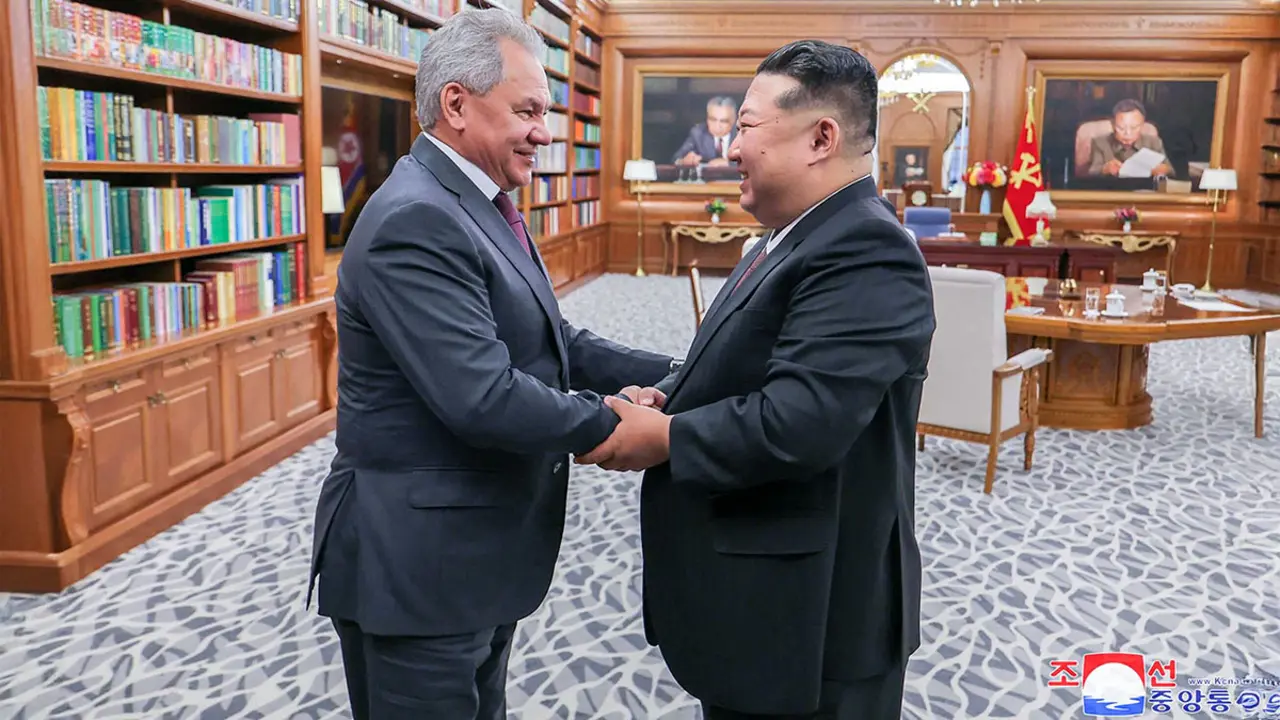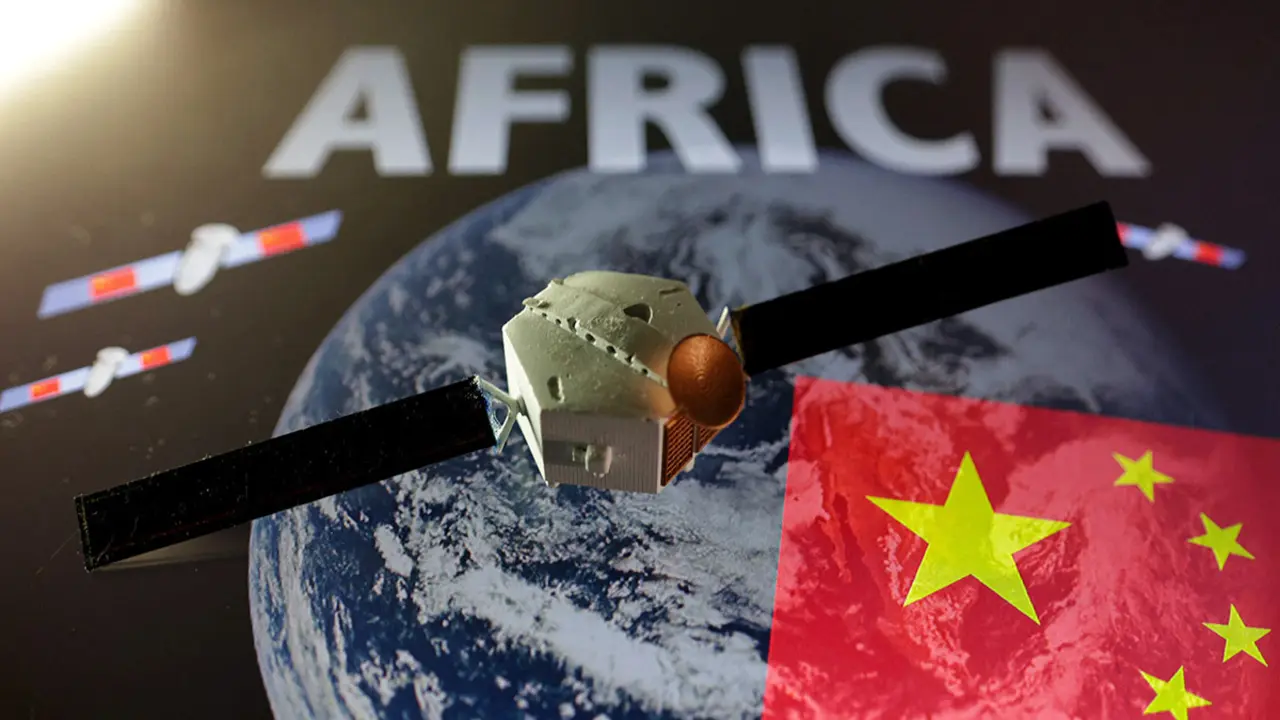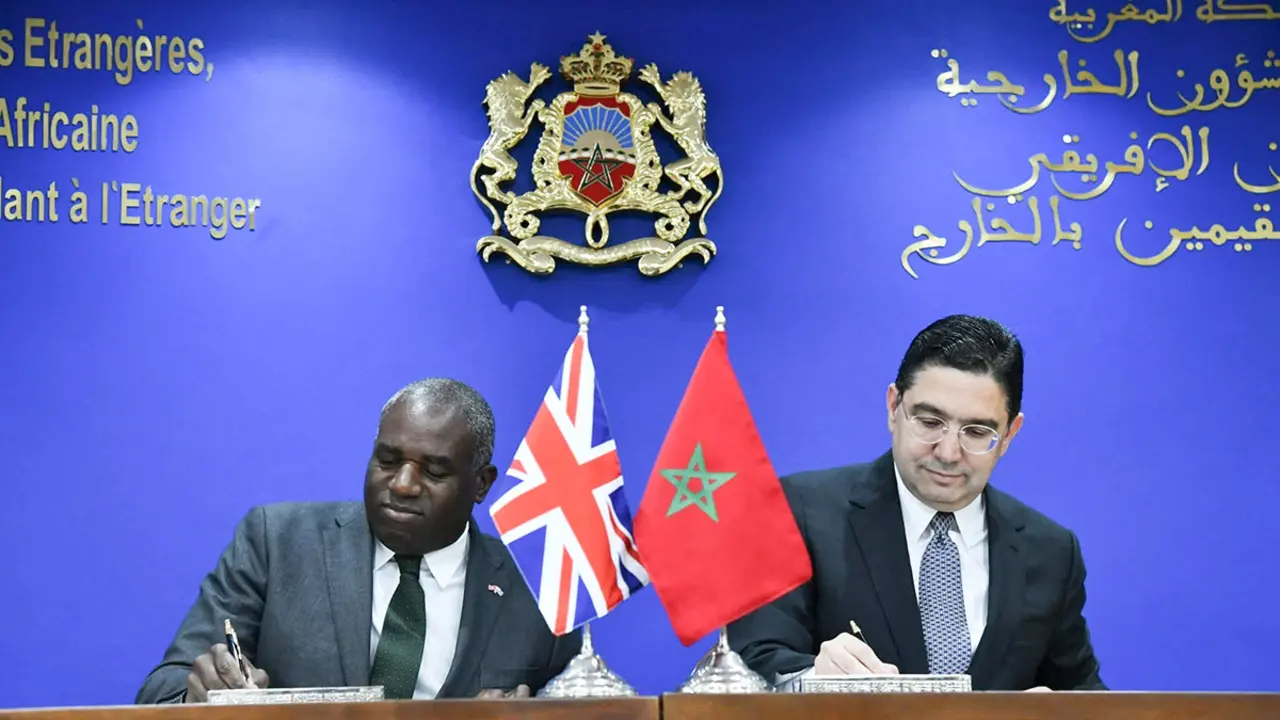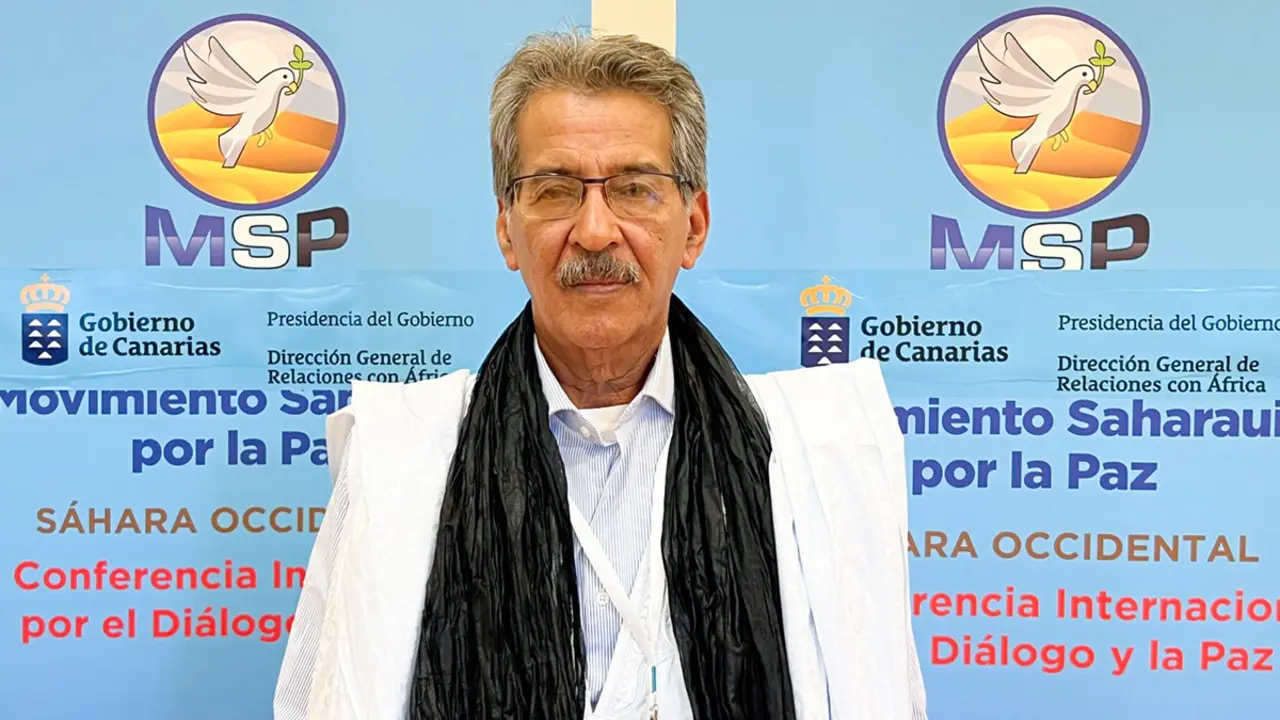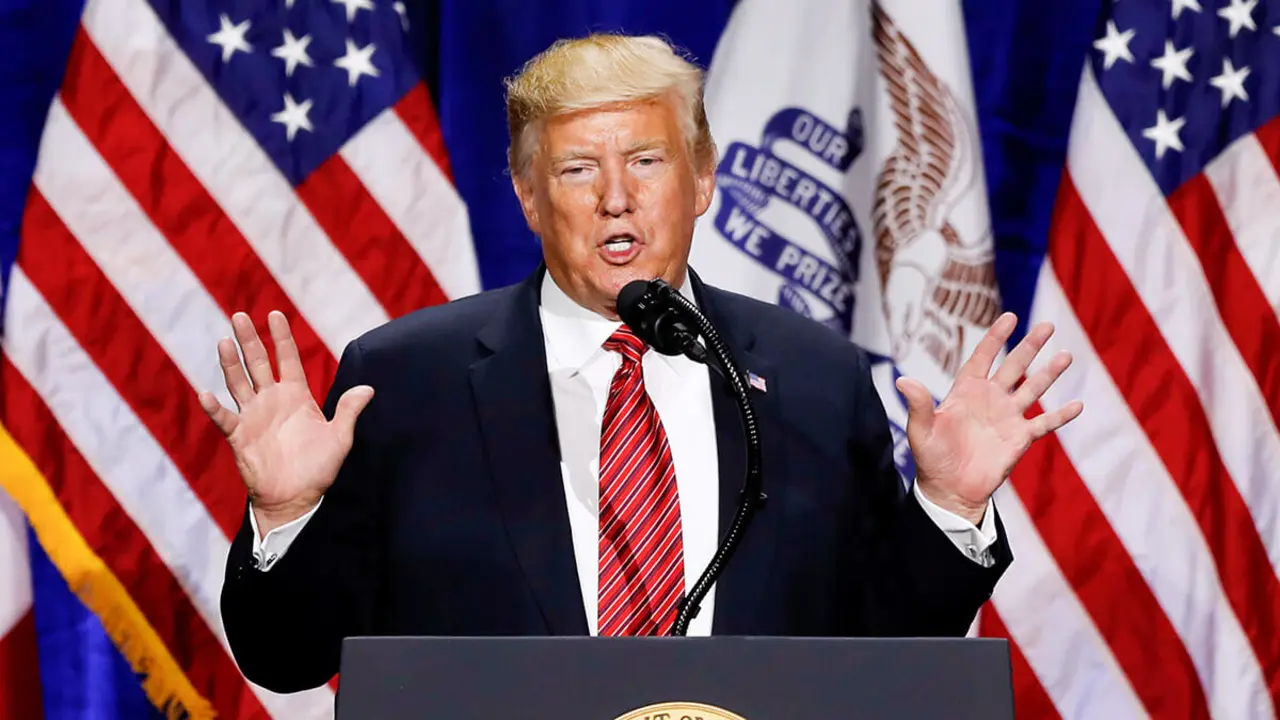Jaime Rocha unveils a plot against the State during the period of Felipe González

The former officer of the Spanish Secret Services (CESID), Captain Jaime Rocha, reveals in his third novel the existence in the 80's of a plot against the Spanish State, just after the democratic transition, in which CESID officers, businessmen, prominent figures of political parties and foreign espionage agencies were involved.
The turbulences in the Spanish political panorama of those years were repeated, some of them, such as 23-F and 27-O, or the various assassination attempts or kidnappings of the President of the Government and the Head of State, are well known. Others, however, less so, such as the plan to subvert the institutions of the State in the mid-80s, which Jaime Rocha recounts in his novel ALTA TRAICIÓN.

The novelty of this revelation is that it comes from the hand of the person who participated from within the CESID, in dismantling the subversive plot.
Many stories, books and pamphlets have been written about the difficult path of post-Franco Spain, in which these and many other episodes have been told, some of them verified and others not. But this is one of the few times in which the person who tells the facts does so as a former agent of the secret services themselves, and a front-line participant, and knows what he is saying.
The reader may or may not believe what he reads, but what is written, is written, in the first person and in a somewhat novelized form to respect the identity of the characters mentioned, according to the author himself.
The title of the novel is in itself evocative. It speaks of "treason" that entails an attack against sovereignty, and it is also described as "high", which falls into the category of extremely serious crimes, committed in collusion with foreign services.

Following the guidelines of the entertaining and light-hearted way in which Jaime Rocha wrote his two previous novels ("Operation El Dorado Canyon" and "The Wall"), the author introduces us to the intricate world of espionage, with the use of John Le Carré-style tracking operations, and the use of external means to the service, such as the press, the business class, import-export offices or academic circles.
What at first seems to be an attempt to dethrone the head of CESID, General Emilo Alonso Manglano, who outside Spain enjoyed a well-deserved reputation and prestige, but inside our country was viewed with admiration by many, and with envy and bitterness by many others, is transformed in the course of the chapters into the discovery of a subversive plot of "high treason". The emblematic meeting in a Prague hotel will remain a mystery. But its consequences were dire, among them the dismantling of some of the most important CESID missions abroad, because of the danger they were in when they became known to the conspirators.

The question that some readers may ask is: why, if there were indications of high treason on the part of the participants in the plot, did the Chief of CESID not denounce them before the Courts? A few years after the events recounted by the author, the same protagonists, their successors or some hidden powers, managed this time to force General Manglano to resign, with the puerile pretext of "ordering the unauthorized tapping of telephones".
The less dark and more human part of the novelistic story is left for the final chapter that shows the anguish of the agents of the CESID, the National Police and the Civil Guard, determined to rescue two members of the secret services kidnapped by ETA; something that says a lot about these servants of the State, and also a lot, but at the opposite pole, about the terrorists and the scavengers involved in High Treason.



